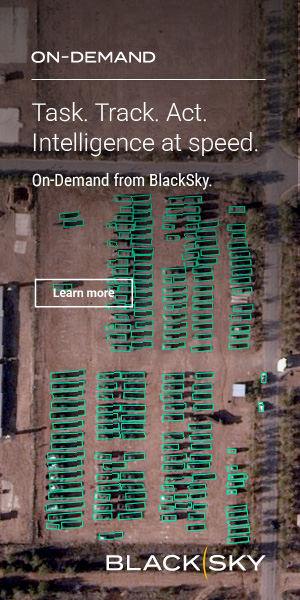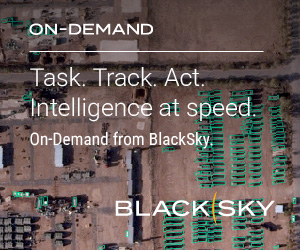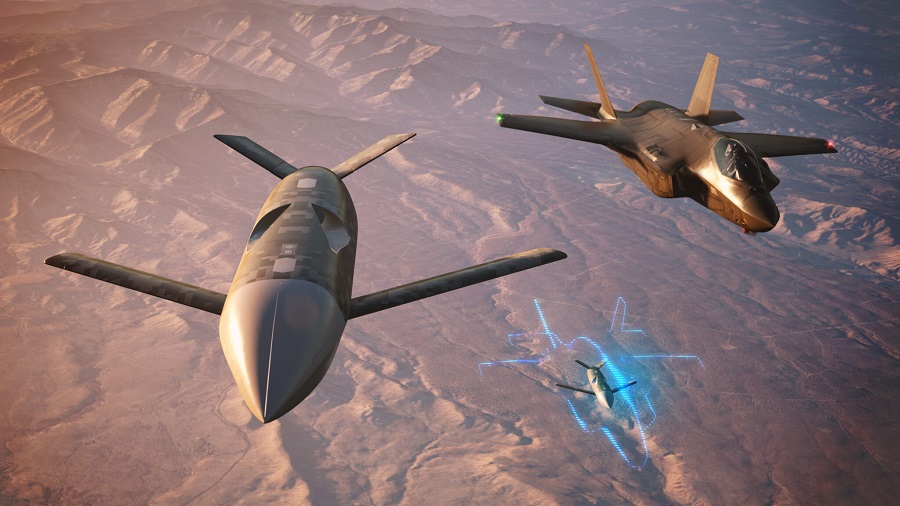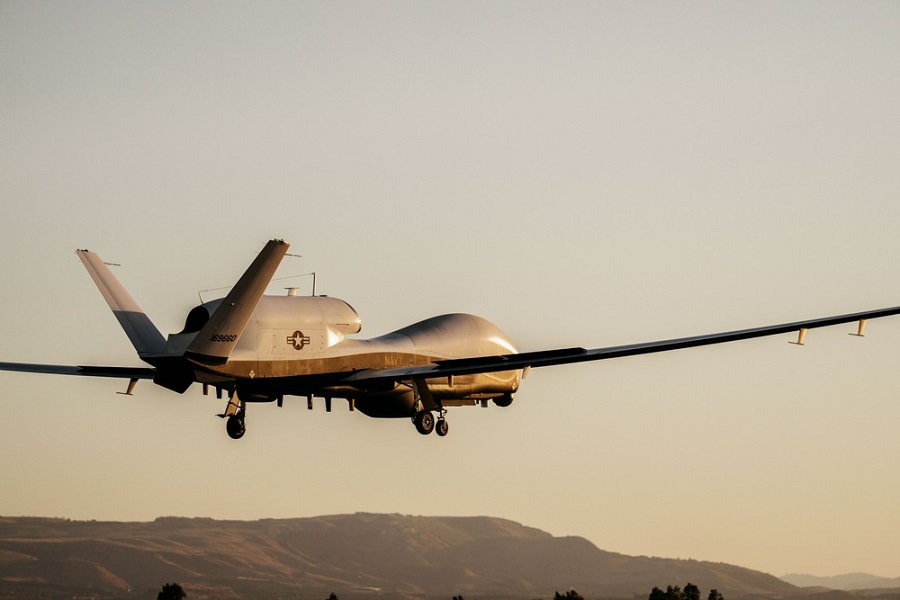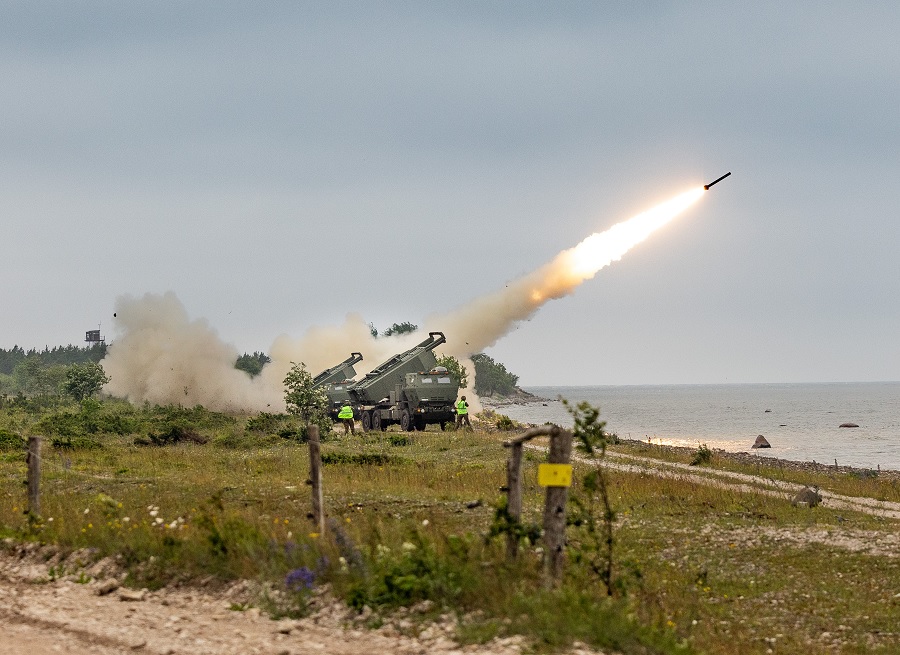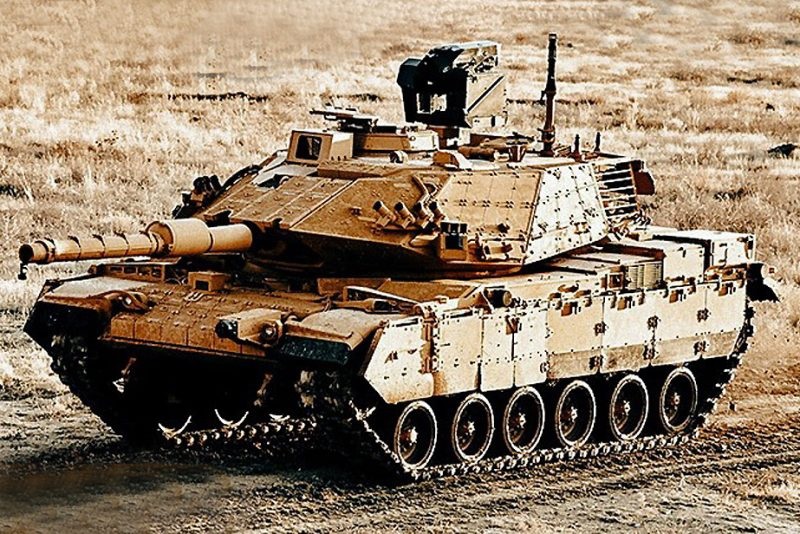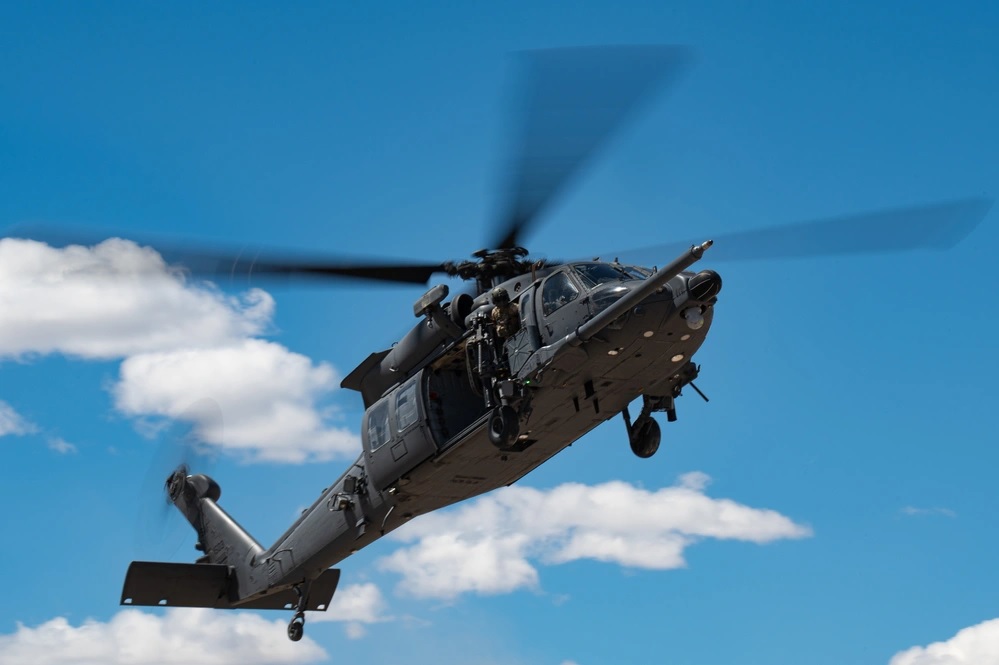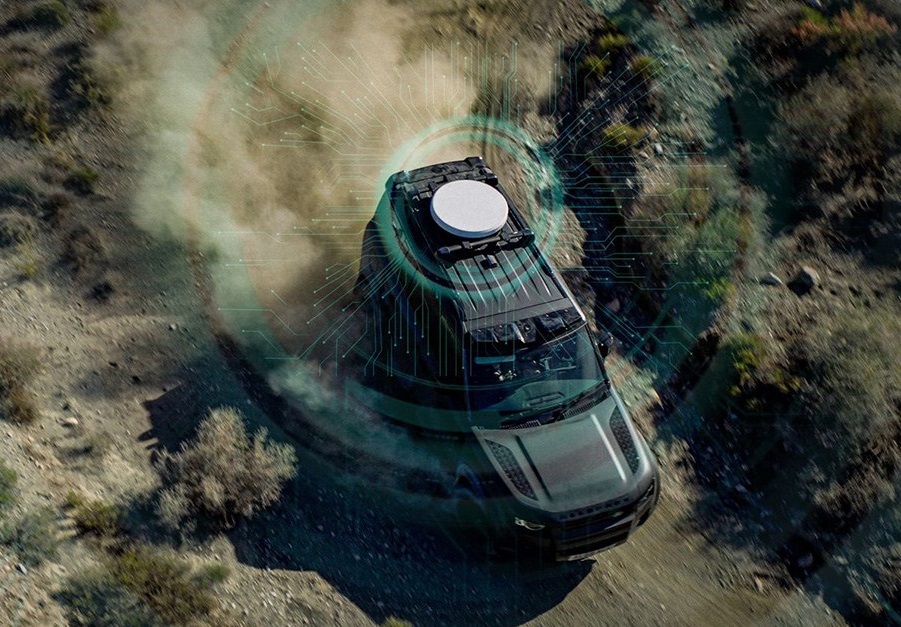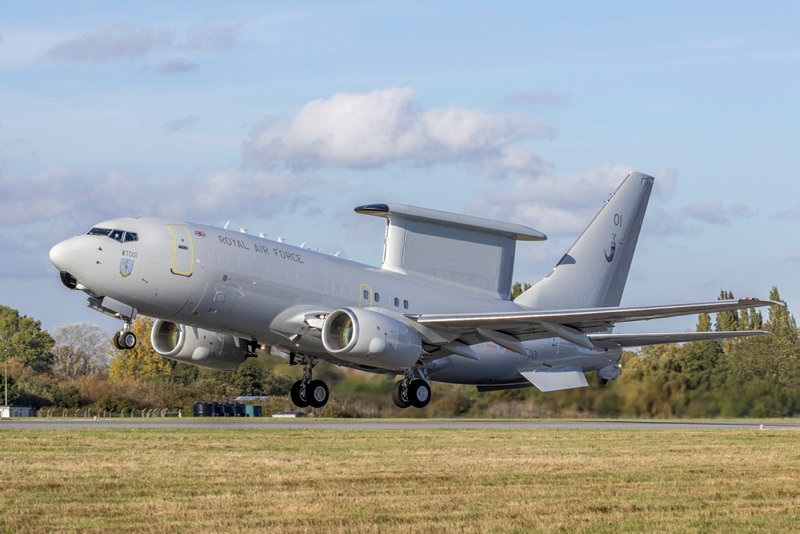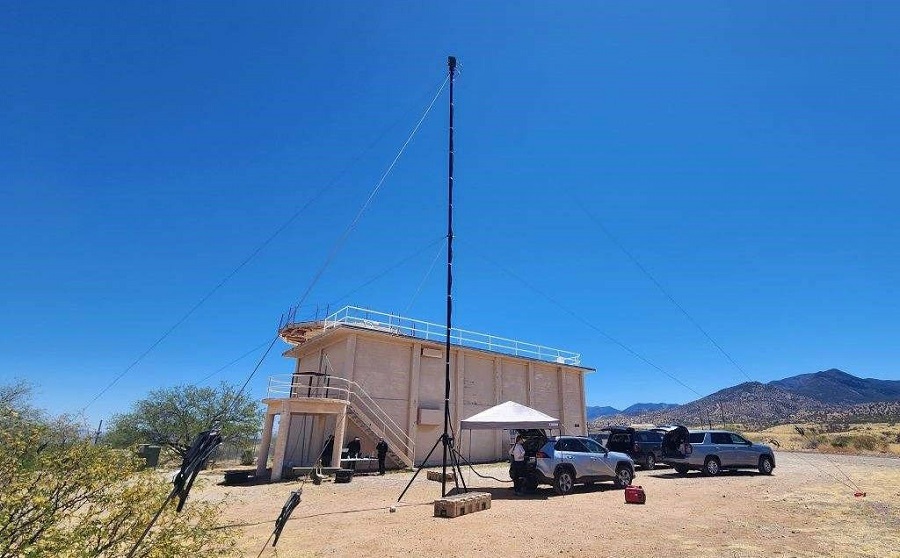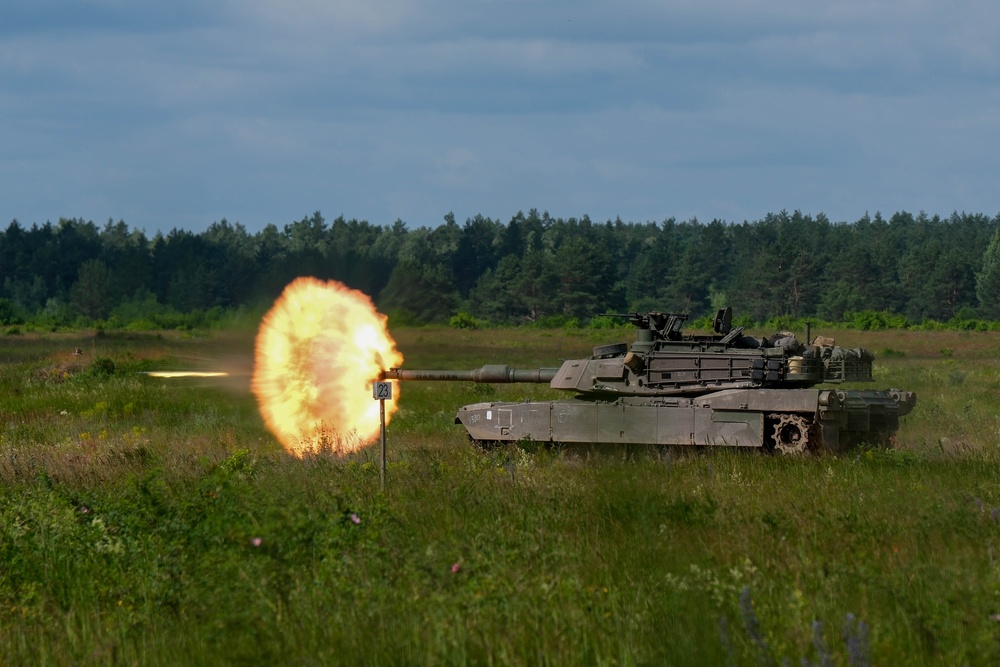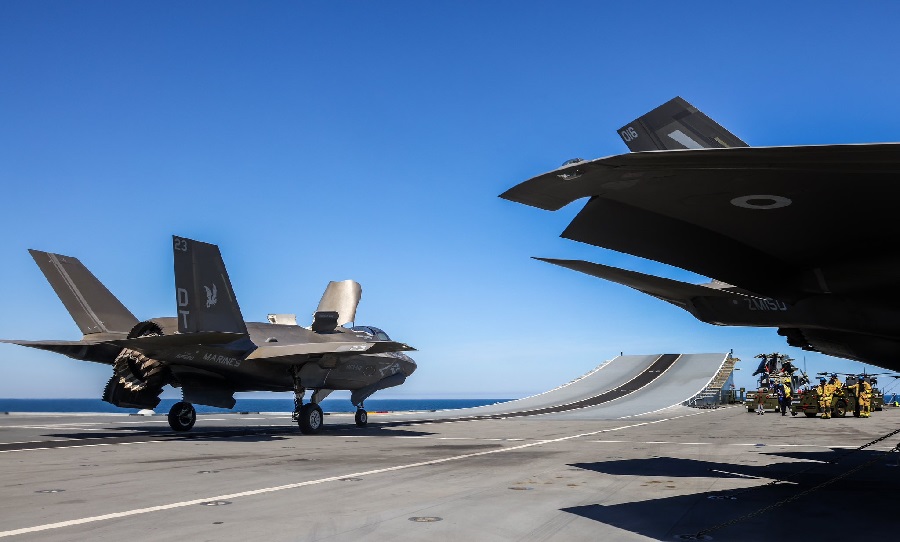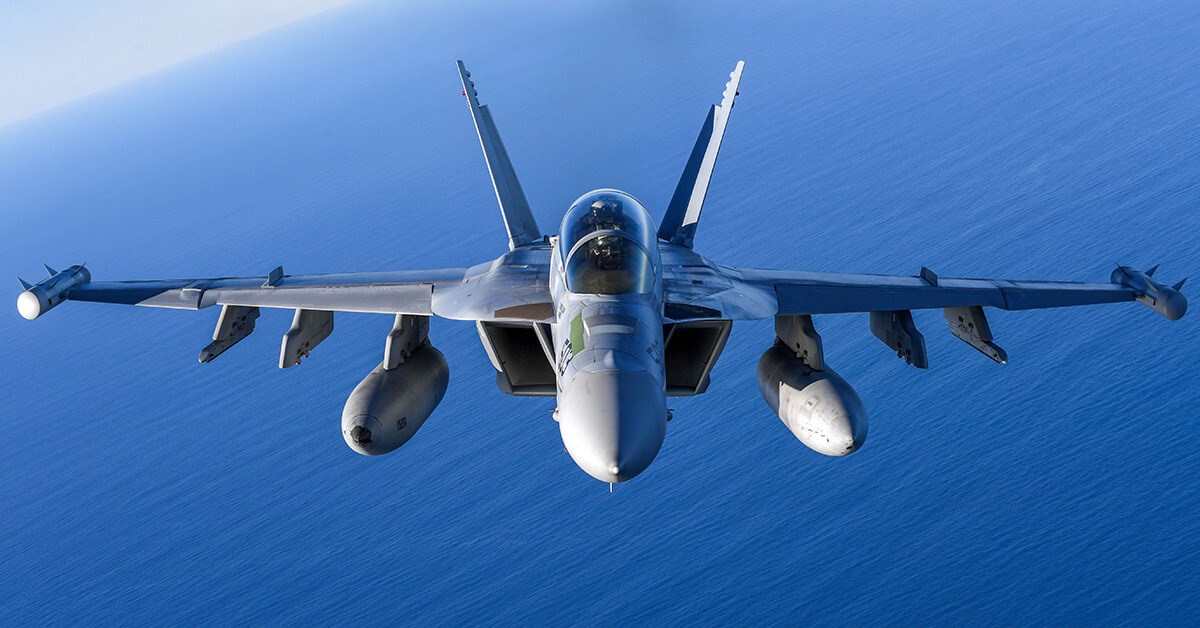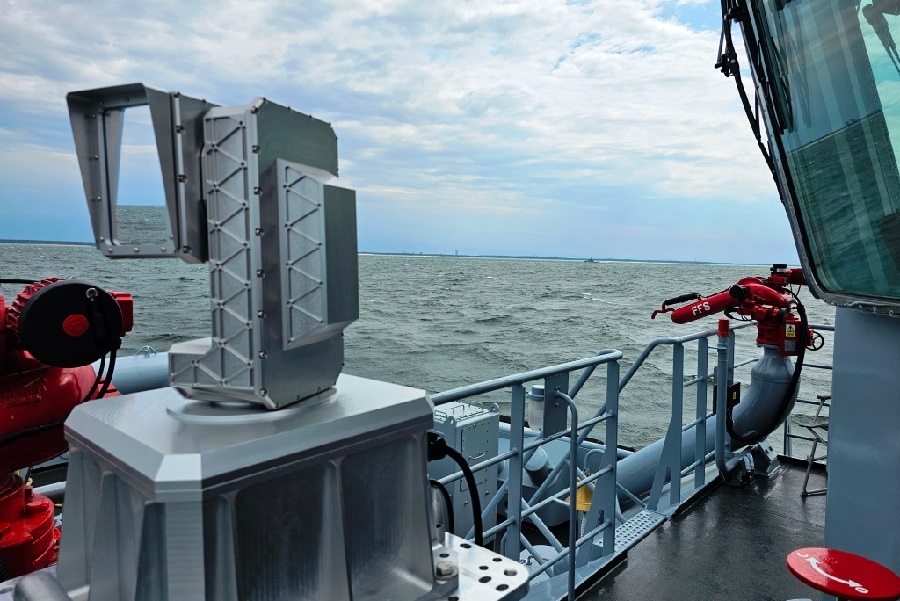According to the Pentagon, the new aircraft will help avert a widening test capability gap and support future flight science testing of Block 4 capabilities. This testing will benefit U.S. military branches, non-DOD programme partners, and foreign military sales customers.
The work is scheduled to take place across multiple sites in Texas, California, Florida, Maryland, New Hampshire, Denmark, and the United Kingdom, with completion expected by December 2028. Funding will be drawn from fiscal 2025 research, development, test and evaluation budgets of the U.S. Air Force and Navy, as well as from non-U.S. DOD programme partners.
Currently, the availability of experimental aircraft is limited, causing delays to the F-35 programme schedule. “The agreement involves funding from the Department of Defense as well as other F-35 programme participants,” the Department confirmed.
The multirole F-35 Lightning II Block 4 aircraft have been delivered by Lockheed Martin since mid-2024. They currently feature a “transitional” configuration, enabling both training activities and partial fulfilment of operational tasks.
The Block 4 baseline is designed to expand aircraft capabilities in future stages. Planned upgrades will integrate precision air-to-air and air-to-surface munitions of various types and manufacturers.
To date, Lockheed Martin has delivered over 1,150 F-35s in different variants, which have logged more than one million flight hours. These aircraft are currently deployed in a variety of operational and combat missions, including those against Houthi forces.





